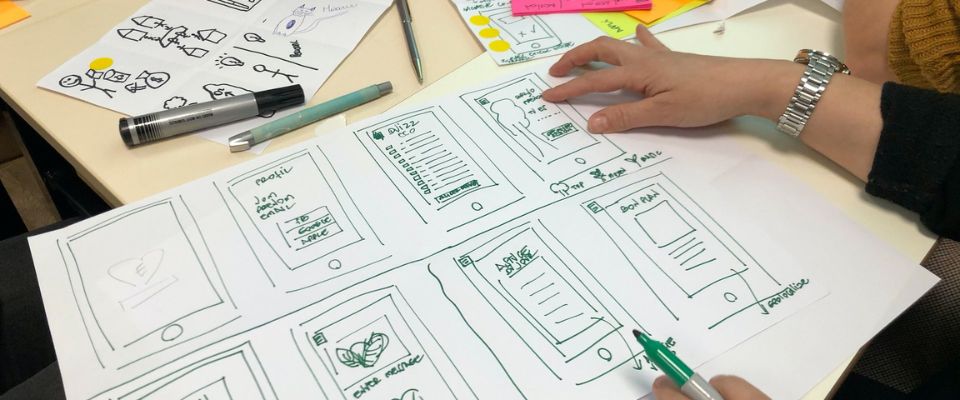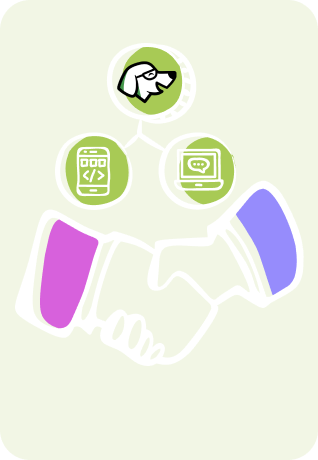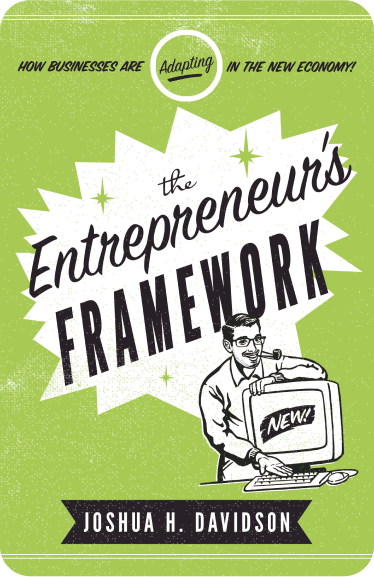Creating a successful app is no small feat – it requires dedication, superior design, and development skills. Smart marketing is also key. However, there’s one thing many app creators overlook that could make the difference between success and failure: ditching ‘stealth mode.’
Stealth mode refers to creating an app in secret. This means that no one outside of your team or even the public at large know anything about it until launch.
While this style of development may seem attractive and safe on paper; in practice, it can lead to costly delays or worse—the complete abandonment of otherwise promising projects.
In this blog post, we’ll explore why you should skip stealth mode altogether. We’ll also share some best practices for developing awesome apps.
The Major Pitfalls of Stealth Mode
In recent years, the concept of operating in ‘Stealth Mode’—a term used to describe a company or project that operates without any announcement or public presence—has become a popular idea for entrepreneurs and startups.
Many people will say things like ‘Steve Jobs built Apple in stealth mode’ as if that guarantees the same results today.
Whether this is true or not does not really matter in this case.
Apple was founded in 1976. The world has changed so much since then that it would be almost impossible to reproduce the exact success the brilliant minds of the past cultivated in entirely different environments.
In the world of now, many companies could benefit from ditching longterm stealth mode.
Stealth Mode prevents us from getting valuable feedback from potential users. It also gets in the way of building meaningful relationships with other companies and organizations that could contribute towards success and progress.
The focus has been shifting towards open-source solutions and collaboration for some time. These are far more reliable than relying on working alone and in secret.
In this post we will break down some of the basic steps of app development. You will see why building better apps and marketing them is something that cannot be done in a vaccuum.
You Have to Identify User Needs to Build Better Apps
Identifying user needs is key to being able to build better apps. Understanding these needs and turning them into actionable plans can be a difficult process. However, it can pay off with bigger rewards and improved customer satisfaction.
When designing an app, it’s important to take the time to talk to users. You need to understand their wishes, wants, and goals.
During this process, be sure to collect detailed feedback on how users interact with the app. This will tell you how you are succeeding. It will also let you know what areas need improvement.
This data can then be used to build more efficient, effective applications that strive to meet all of the user’s needs. If you never talk to users and find out what their pain points and needs are, you can never gather this critical information.
By taking this approach from the beginning, you will build a more effective product that creates a better overall experience for customers.
You Want Early Insights from Users as Part of the Testing Process

The worst thing you can do is build an app with no market research or user input. The second worst mistake you can make is to blindly launch an app that has not been properly tested.
Gathering early insights from users is an essential part of the app development process. With this data, developers have the unique opportunity to build better apps that are tailored to their target audience.
Early insights can help inform multiple stages of development. This includes user experience design and feature prioritization.
For instance, user feedback can be used to identify areas where features don’t seem to work properly. It can also suggest alternative workflows that would offer a better overall experience.
Additionally, analysis of usage metrics could uncover hidden opportunities for improvement.
If you do not work with outsiders in the testing phase, you will lack valuable perspective. After all, if your team has spent months working on your app, they may not be able to provide a neutral perspective.
Overall, conducting research with early users will help maintain a competitive advantage in the fast-paced world of app development.
If You Build In Total Isolation You Won’t Understand Your Place In the Market
If you’re looking for ways to build better apps, it may be useful to examine competitors’ offerings.
It’s important not to think of your app as solely your idea, but as something that will exist within the context of a competitive marketplace.
Taking a broad look at the competition can help you brainstorm unique features. It can also uncover new opportunities for innovation.
Compare elements like pricing, user flows, designs and campaigns.
Use other apps in your niche and take a close look at them. See what other companies are doing. The last thing you want to do is put a lot of resources into releasing something that is basically the same as everything else out there.
Also, take a look at the reviews and general conversation online of these apps, if there is any. From that, you can get an idea of what features users really like and dislike in existing apps. With that information, you can narrow in on what users really like and dislike and create your app accordingly.
You never know what ideas might help build your own product or improve existing ones!
With some out-of-the-box thinking and industry trend analysis, you’ll have an edge in winning customers with an app that stands out from the crowd.
You Can’t Do Any Pre-Release Marketing in Stealth Mode
Building a great app is only half the battle when it comes to success. The other half is marketing it.
Think about it, there are millions of apps out there. You can’t just sit and hope that users just happen upon yours by accident.
If you’re trying to build a successful app, pre-release marketing is an important step that shouldn’t be overlooked.
While ‘stealth mode’ might sound attractive at first, it provides very little opportunity to build excitement and anticipation around your product.
On the other hand, a good marketing push can build awareness. It can help you cultivate a community before your product even launches.
The process of generating interest in your product should ideally begin even before it’s released. So, make sure you don’t keep yourself in stealth mode for too long!
Planning ahead for effective pre-release marketing will help ensure that when you finally go live, all the hard work has already been done.
If you want to learn more modern marketing techniques for startups using social media, check out our blog post on the topic!
If Stealth Mode Has So Many Cons, Why Are People So Obsessed With It?
Despite its clear downsides, stealth mode is something that many entrepreneurs still seek out. This can possibly be traced back to the elusive power of ‘first mover’ advantage.
By being the first in a crowded market or developing an innovative product without alerting competitors, entrepreneurs believe they can build better apps before anyone else, resulting in potential big profits.
However, in the case of apps specifically, the argument can be made that this doesn’t really apply most of the time. If you are entering a saturated or highly competitive market place, it may be impossible to be the first person to launch that type of app.
For example, say you want to release a calculator app. Many already exist. You also do not own that app type, so no one can really steal it from you, even if they know about what you are doing.
Also, the idea of stealth mode really appeals to the parts of our culture which favor individualism. Working in silence plays to that old and famous image of the unstoppable entrepreneur who is so powerful that they need no one else.
However, this largely does not exist. Even if the case of the most boundary-pushing startups, they are part of a large startup eco-system that has many parts and players.
Final Thoughts on How Changing Your Mindset Can Help You Build Better Apps
As you can see, when it comes to building a killer app, stealth mode is simply not the way to go most of the time. Of course, there are exceptions. However, many people think that stealth mode guarantees success and a level of protection for every app. This is simply not true.
Not only are there clear drawbacks to operating in stealth mode (i.e. limited market research or user feedback from testing) but it also runs counter to the spirit of innovation — which is an open invitation of input and collaboration.
Instead of trying to keep your work on the down-low and out of sight until everyone expects a ‘wow’ moment, invite conversation early on so you can test business models, refine features efficiently, and anticipate potential pitfalls before they arise.
At the end of the day, open works better than secret! So take off that invisibility cape — it’s time for you to get real about creating an amazing app that people will love!
What do you think? Comment below.
Since 2009, we have helped create 350+ next-generation apps for startups, Fortune 500s, growing businesses, and non-profits from around the globe. Think Partner, Not Agency.
Find us on social at #MakeItApp’n®

















